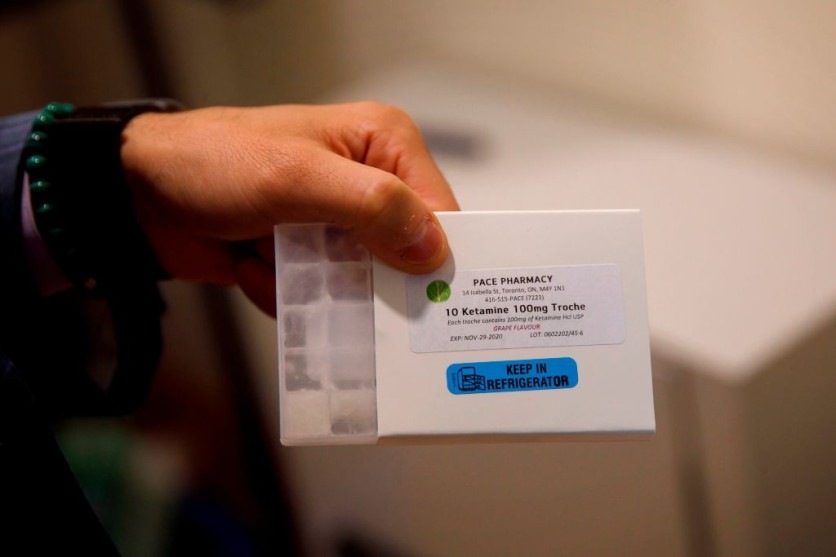A team of researchers from Imperial College of London have closely monitored the effects of a high dose of DMT on 20 people who chose to take part in the study, as reported by Interesting Engineering.

DMT is a strong hallucinogenic drug that causes intense, short-term changes to a person's mental state. Although the effects are brief, they are often very intense and can lead to profound psychological experiences.
The researchers have found that DMT is unlike other commonly used hallucinogens like LSD, and that it can lead someone into a more intense and vivid mental state. People under the influence of DMT may feel as if they are in a life-threatening situation, such as a near-death experience.
How It Works
Researchers used two brain imaging technologies, EEG and fMRI, to investigate how and why people may be able to experience traveling through different dimensions or alternate realities.
The people involved in the study took part in the effects of DMT for 20 minutes and were often asked to rate their experience from 1 to 10 during their times. The results of the brain scans showed that when taking DMT, certain areas of the brain were more active and had increased connections between them. These areas were linked to higher-level thinking such as imagination, indicating that DMT had an effect on these processes.
This new study is the first to focus specifically on the parts of the brain related to higher-level human functions and how they are most affected by the psychedelic drug DMT.
DMT is a psychedelic substance that can be found in some plants and animals, such as Diplopterys cabrerana, Mimosa tenuiflora, reptiles, and fish. In certain areas of Central and South America, it is used in traditional rituals and the vine is made from it.
Also Read: Psychedelic Drug MDMA May Help Treat PTSD
How Will This Help
The significance of DMT goes beyond rituals and ceremonies. Researchers believe that since DMT has the ability to disrupt high-level cognitive functions, it can help them to gain a greater understanding of the human brain. The changes it produces in the brain can reveal how our mind behaves while in an unconscious state.
The study showed that when someone took DMT, their brain moved away from its usual way of operating and moved into a more chaotic pattern. It will be interesting to see if further research on this topic can provide more information in the future.
This chaotic pattern in the brain is believed to be what causes people to experience altered states of consciousness and psychedelic trips when they take DMT.
During this time, users can feel like they are seeing strange visions or experiencing alternate realities that seem real but aren't. Scientists think these experiences could help them better understand how our minds work while we're dreaming or under anesthesia.
In addition, researchers believe that understanding more about the effects of DMT on the brain could also lead to new insights into mental health disorders such as depression, addiction and anxiety. It's possible that studying its effects further may even open up possibilities for developing treatments based on their findings from using psychedelics as a therapeutic tool in future therapies for those suffering from various psychological issues .
Related Article: Good High? Psychedelic Drugs May Help Patients with Mental Health Disorders

ⓒ 2026 TECHTIMES.com All rights reserved. Do not reproduce without permission.




